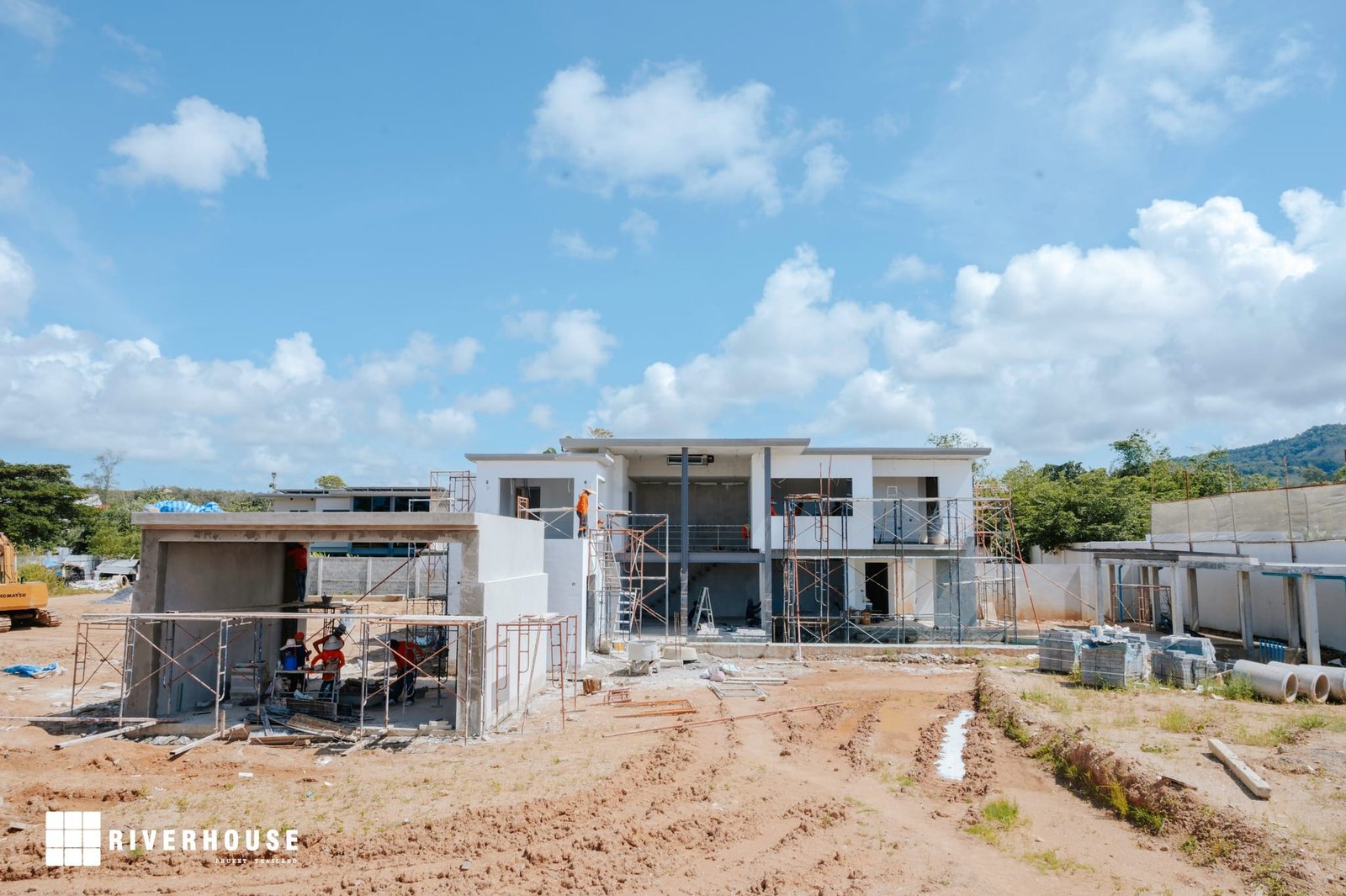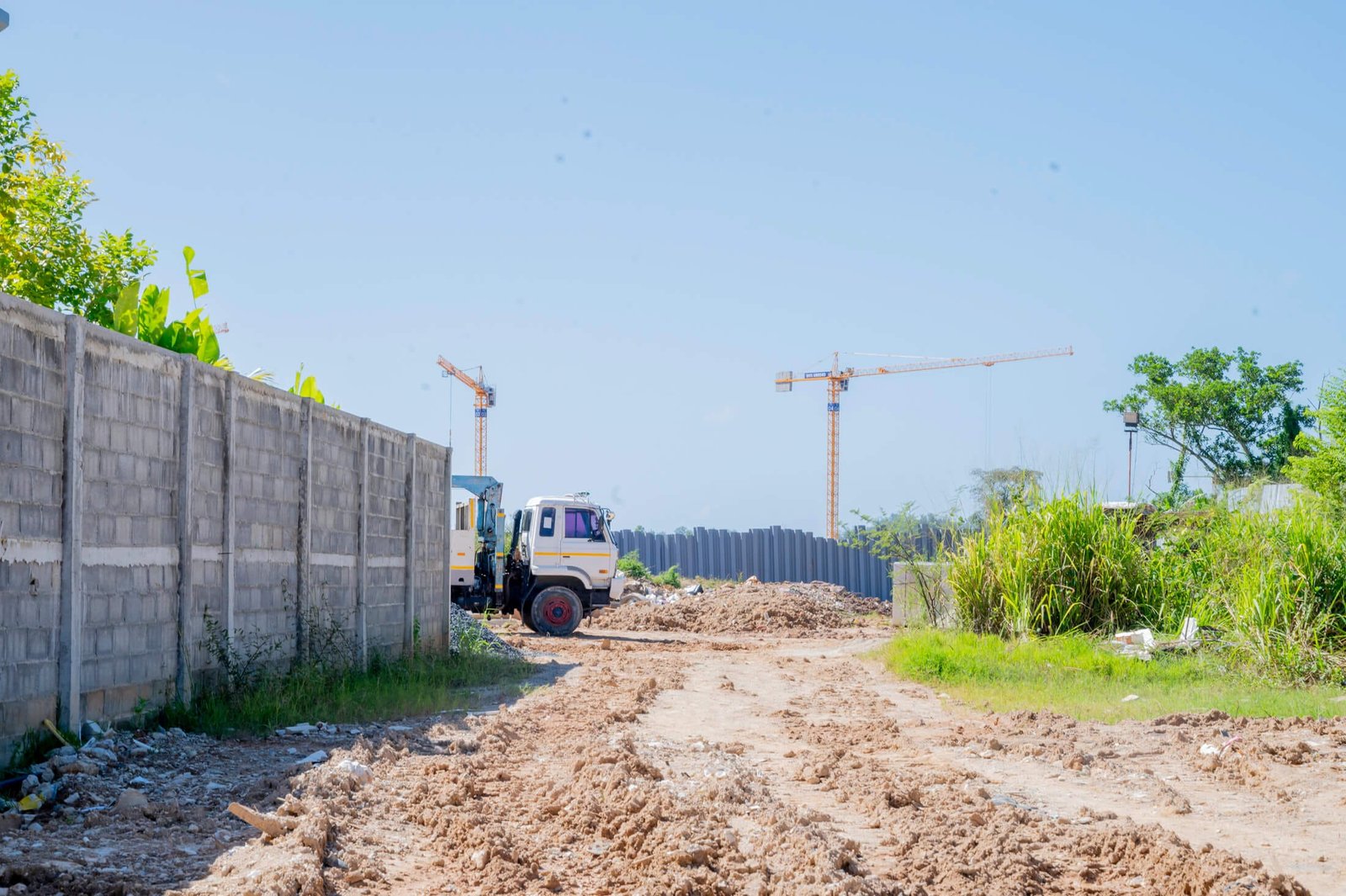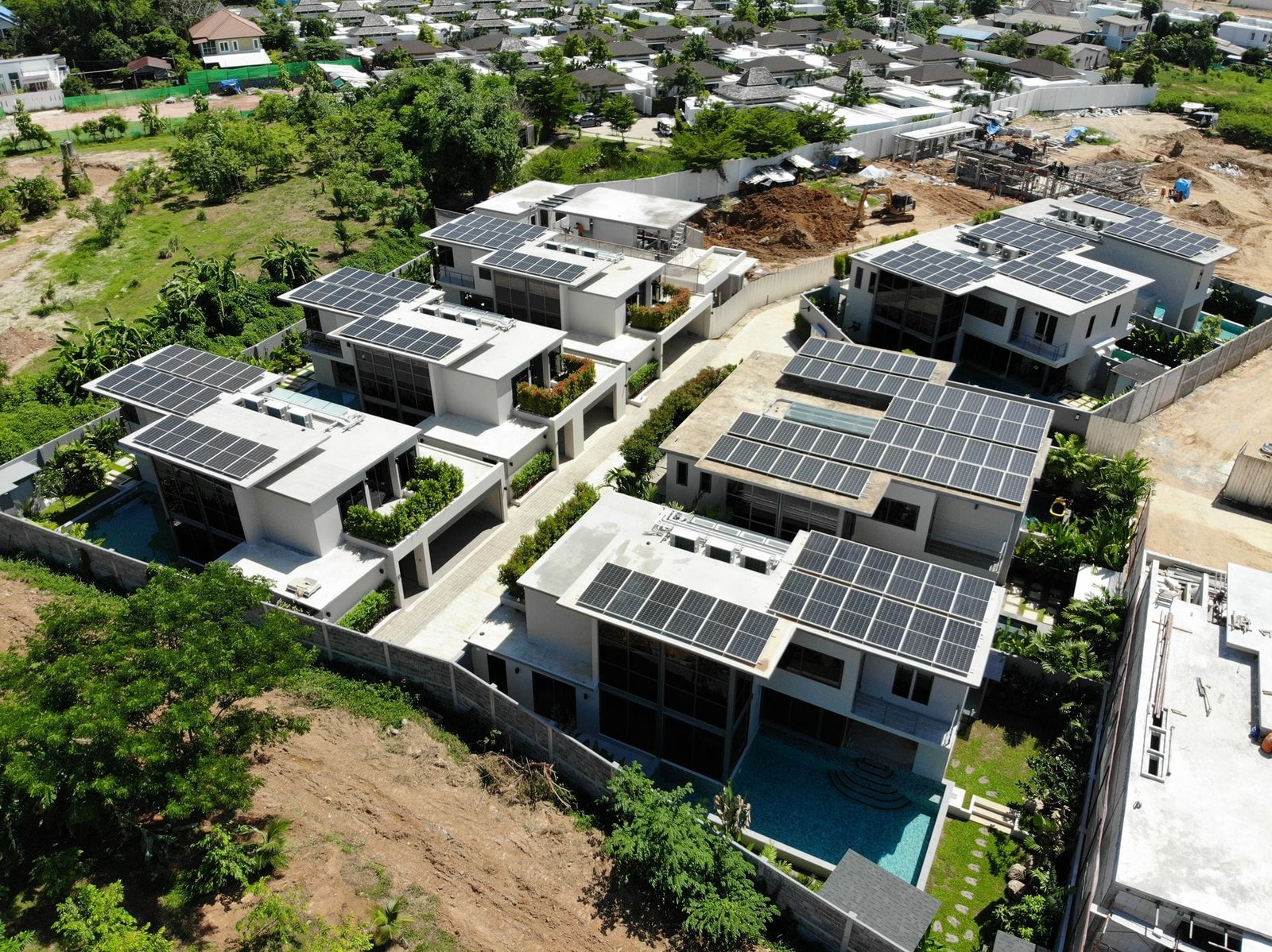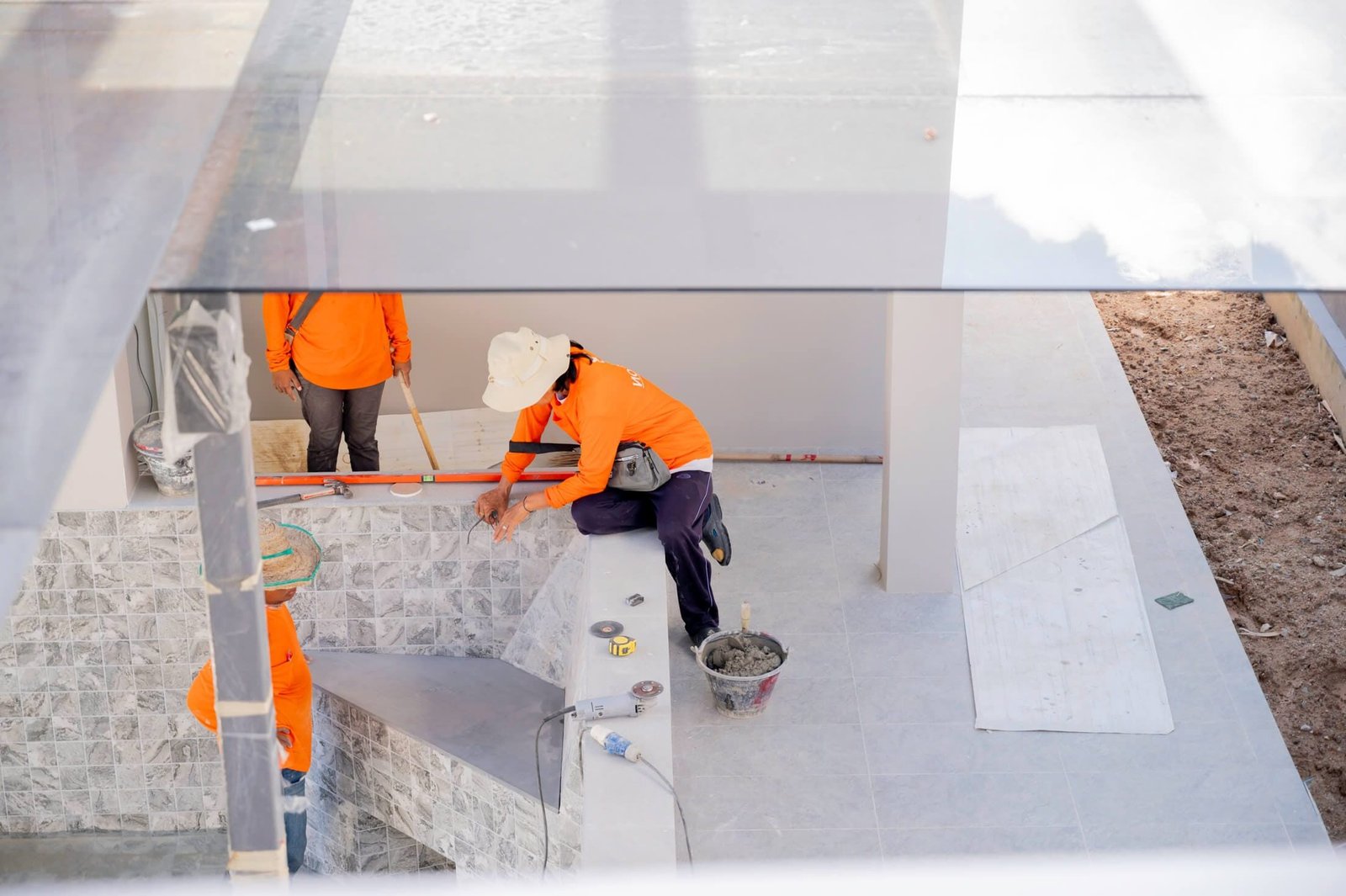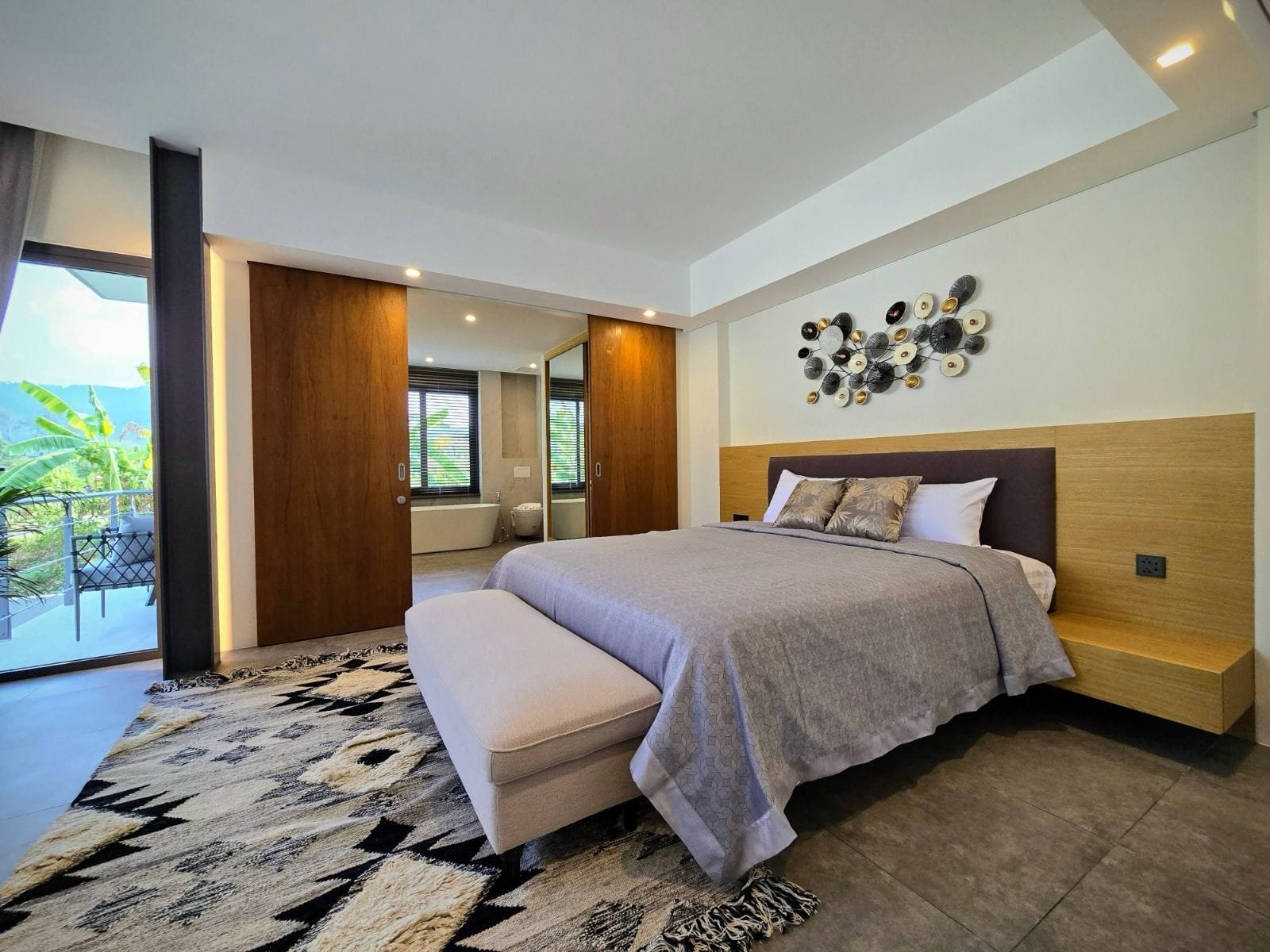Buying Off Plan Properties In Phuket, Thailand
Buying off plan properties in Phuket, Thailand, follows the same general principles as anywhere else in the world. However, it also comes with unique risks and considerations. The only difference is that it comes with some location-specific nuances due to Phuket’s unique market dynamics, geography, and appeal as a global tourism and expat hub. Purchasing a home or apartment before it’s fully constructed, can be an exciting opportunity, offering potential cost savings, customization options, and the chance to secure a property in a desirable development.
What to Expect When Buying Off Plan Properties In Phuket
Here’s a guide to what you can expect when buying off plan in Phuket, Thailand.
Phuket’s real estate is heavily influenced by its status as a top tourist destination. Off-plan properties, especially condos and villas near beaches like Bang Tao, Layan or Patong, are often marketed to foreign investors and second-home buyers. Expect developers to highlight rental income potential (e.g., 5–10% annual yields) alongside lifestyle benefits.
Compared to other Thai regions, Phuket’s off-plan prices are higher due to demand and limited land supply. A one-bedroom condo off-plan might start at 3–5 million THB ($90,000–$150,000 USD), while villas can range from 20-30 million THB ($300,000–$600,000 USD). However, early buyers often see 10–30% appreciation by completion if the area develops as planned.
Phuket’s tropical climate and reliance on imported materials can slow progress. Projects near the coast (e.g., Rawai, Nai Harn) may face additional hurdles like monsoon-related setbacks or stricter environmental regulations. Delays of 6–12 months aren’t unusual.
Foreigners can own condos outright (up to 49% of a project’s total area), but villas often require a leasehold structure (30-year renewable leases) or a Thai company setup for freehold ownership. Off-plan contracts in Phuket will reflect these legal frameworks—expect developers to push condos for simplicity.
Properties within 1–2 km of beaches command a premium. Off-plan developments like those near Bang Tao or Kamala often tout “sea views” or “beach access,” but the final product might not always match the brochure—views can get blocked by later builds.
Phuket has a mix of reputable developers and smaller, less proven companies. Most projects offer show units and guarantees, while others may be riskier but more affordable.
New builds in Phuket often face issues like poor waterproofing (due to humidity) or subpar finishes. The handover process includes a “snag list,” and developers typically fix these within a warranty period (1–2 years for minor issues, 10 years for structural under Thai law).
Since the property isn’t built yet, you’ll be working with plans, designs, and timelines rather than a finished product. Construction could take months or years, depending on the project scale and developer efficiency. Delays are common due to weather, supply chain issues, or unforeseen complications.
When buying off-plan properties in Phuket, you’ll typically pay a reservation fee to secure your property, followed by a deposit (usually 10–30% of the purchase price). Full payment is made later, often in several phases based on construction progress. You won’t move in until construction is complete, so patience is key.
Buying off-plan properties in Phuket often means purchasing at today’s prices for a property delivered in the future. In Phuket, where tourism and foreign investment heavily drive demand, a rising market—boosted by infrastructure developments—could increase your property’s value by completion, with gains of 10–30% not uncommon in prime areas like Bang Tao. However, the opposite is also true: market dips, triggered by overdevelopment or a tourism slump, could lower its value, especially in oversaturated areas like Patong.
You’re buying based on architectural renders, floor plans, and showrooms rather than a tangible space. Finishes, layouts, and even views may differ slightly from the renderings.
The project’s success hinges on the developer’s reliability, which is why you need to do your research when buying properties in Phuket. A reputable developer delivers on time and to spec, while a less dependable one might cut corners, delay, or—in rare cases—go bankrupt, leaving your investment at risk.
Some developers in Phuket allow buyers to choose finishes (e.g., flooring, kitchen cabinets) or tweak layouts early in the process, giving you a personalized touch unavailable in pre-built villas or apartments.
Some properties in Phuket come with warranties for certain aspects, so make sure to review the purchase agreements. After handover, you’ll inspect for “snags”—minor defects like uneven paint or loose fittings—which the developer should fix.
Pros and Cons
Pros:
- Lower initial price compared to completed properties.
- High rental demand from tourists and expats.
- Strong appreciation in prime areas (e.g., Bang Tao up 5–10% annually).
- Modern, energy-efficient and resort-style designs tailored to foreigners.
- Customization options.
Cons:
- Higher risk of overdevelopment diluting value.
- Coastal regulations or land disputes can stall projects.
- Currency fluctuations (THB vs. USD) affect returns for foreign buyers.
- No immediate occupancy.
- Possible discrepancies between plans and final product.
Phuket’s off-plan market is lucrative but requires diligence. Focus on established developers with a track record in Phuket. Cross-check marketing claims against reality (e.g., “5-minute beach walk” might mean 5 minutes by car). What’s your goal—investment, vacation home, or both?


